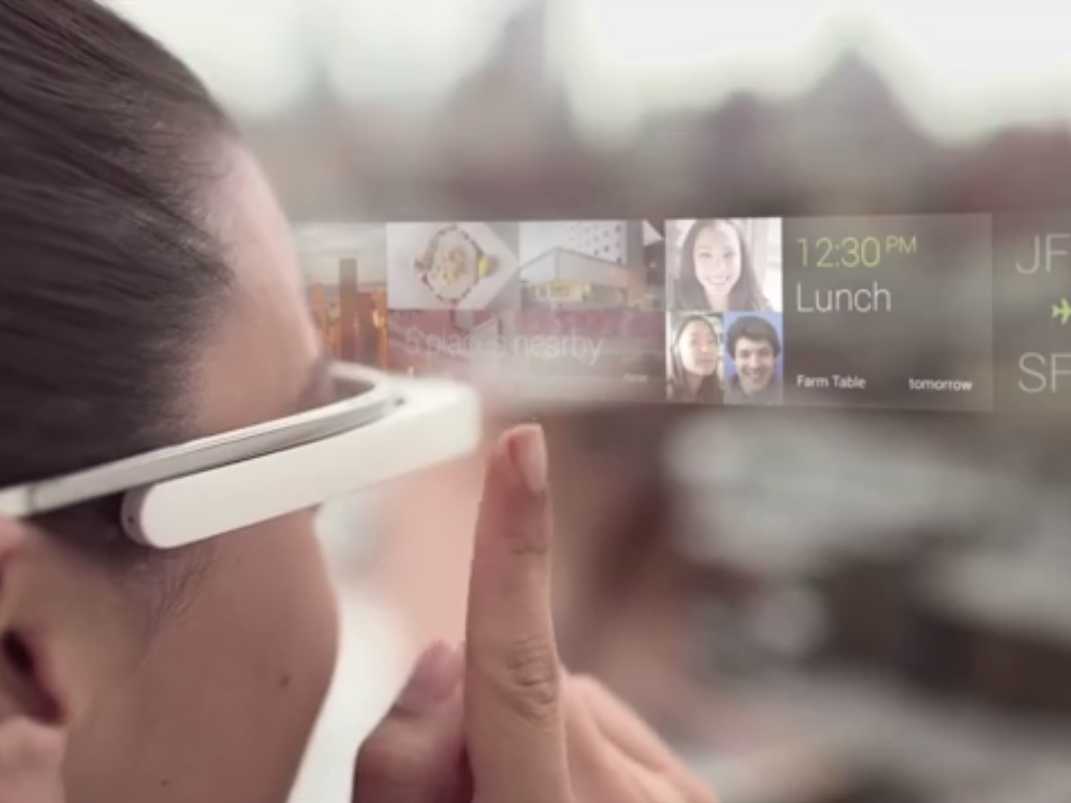SAN JOSE, California – Just like several autistic kids, Julian Brown faced serious trouble reading emotions; one of the biggest challenges faced by people with a neurological disorder such as autism.
This 10-year-old child is now getting assistance from ‘autism glass’ which is an experimental glass that not only records but also analyses facial structure and emotions and alerts the owner about people’s feelings.
This facial recognition application is developed by Stanford University and uses Google Glass as the primary platform for functioning. A computerised headset is having front-end camera and small display above the right eye.
This experiment is being carried out among 100 children organised by Stanford. The program functions on a smartphone and records every single interaction that child does with this specially designed Google Glass.
Google participated in this project by providing 35 Google Glasses for this project. However, the search engine giant had stopped manufacturing Google Glass previous year due to less public demand, but the device had provided new hopes to the medical researchers just like this one.
Brain Power, a Cambridge Startup is also working towards developing Google Glass based app that can help autistic children improve their facial reading skills and social abilities.








